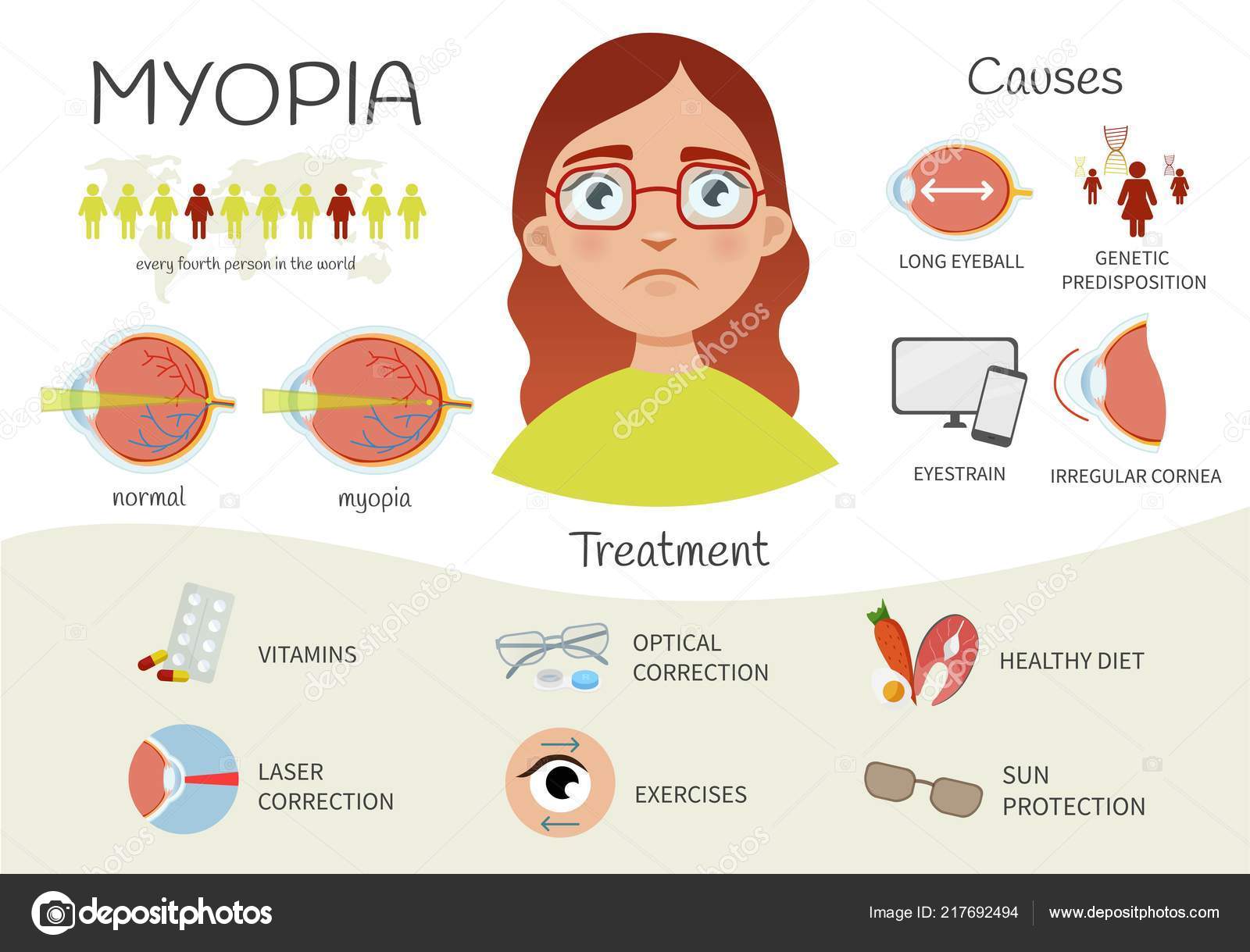Is SMILE Eye Surgery A Great Fit For You? Essential Insights And Aspects To Review
Is SMILE Eye Surgery A Great Fit For You? Essential Insights And Aspects To Review
Blog Article
Article Writer-Banke Reece
If you're considering SMILE eye surgical treatment, ponder this: are you prepared to accept possible visual liberty, or does the idea of any type of threats make you think twice? Your decision will depend upon a cautious balance of weighing the advantages versus the unpredictabilities. It's vital to dig deeper right into the nuances of SMILE surgical treatment to make an educated selection that aligns with your visual objectives.
Recognizing SMILE Eye Surgical Treatment
When thinking about SMILE Eye Surgery, it's important to comprehend the procedure and its benefits. SMILE, which stands for Small Incision Lenticule Removal, is a minimally invasive laser eye surgical treatment that deals with usual vision troubles like nearsightedness (nearsightedness).
Throughout the procedure, your eye specialist will utilize a femtosecond laser to create a little laceration in your cornea. Through this cut, a small disc of tissue called a lenticule is removed, improving the cornea and correcting your vision.
Among the crucial advantages of SMILE Eye Surgical treatment is its fast recuperation time. Numerous individuals experience boosted vision within a day or more after the treatment, with very little discomfort.
Additionally, SMILE is understood for its high success rate in giving long-term vision improvement. Unlike LASIK, SMILE does not call for the creation of a flap in the cornea, lowering the threat of difficulties and enabling a much more secure corneal framework post-surgery.
Understanding the procedure and its advantages is essential when thinking about SMILE Eye Surgical procedure for vision modification.
Benefits and drawbacks of SMILE
Thinking About SMILE Eye Surgical treatment for vision modification includes different benefits and potential disadvantages.
just click the up coming website of the major pros of SMILE is its minimally invasive nature, as it involves a small incision and usually causes quick healing times. The procedure is also recognized for causing very little discomfort and completely dry eye signs post-surgery contrasted to various other vision correction methods. Furthermore, SMILE has actually been revealed to give superb visual outcomes, with many patients achieving 20/20 vision or far better.
On the other hand, a potential con of SMILE is that it might not appropriate for people with severe refractive mistakes, as the therapy array is somewhat restricted contrasted to LASIK. https://www.benzinga.com/money/smart-health-dental-review/ to consider is that the learning contour for cosmetic surgeons carrying out SMILE can influence the schedule of experienced companies in particular areas.
It is essential to evaluate these benefits and drawbacks thoroughly when determining if SMILE is the best choice for your vision modification requirements.
Establishing Eligibility for SMILE
To identify if you're qualified for SMILE eye surgical treatment, your ophthalmologist will conduct a thorough evaluation of your eye health and wellness and vision requirements. During this assessment, factors such as the security of your vision prescription, the thickness of your cornea, and the overall health and wellness of your eyes will certainly be analyzed.
Generally, candidates for SMILE more than 22 years of ages, have a secure vision prescription for at the very least a year, and have healthy corneas without problems like keratoconus.
Your ophthalmologist will certainly likewise consider your total eye wellness, any type of existing eye conditions, and your lifestyle needs to establish if SMILE is the best choice for you. It's necessary to connect any kind of specific aesthetic needs or problems you may have during this evaluation to make sure that the therapy lines up with your expectations.
If you aren't eligible for SMILE, your ophthalmologist may advise alternative vision modification alternatives that far better match your private needs and eye wellness status.
Conclusion
Eventually, deciding whether SMILE eye surgical procedure is right for you needs mindful consideration of your individual eye wellness and visual requirements. Consult with your ophthalmologist to identify your qualification for the treatment and consider the possible advantages and downsides. Remember to connect any kind of issues or concerns you may have throughout the evaluation process to make an educated decision regarding your vision adjustment options.
